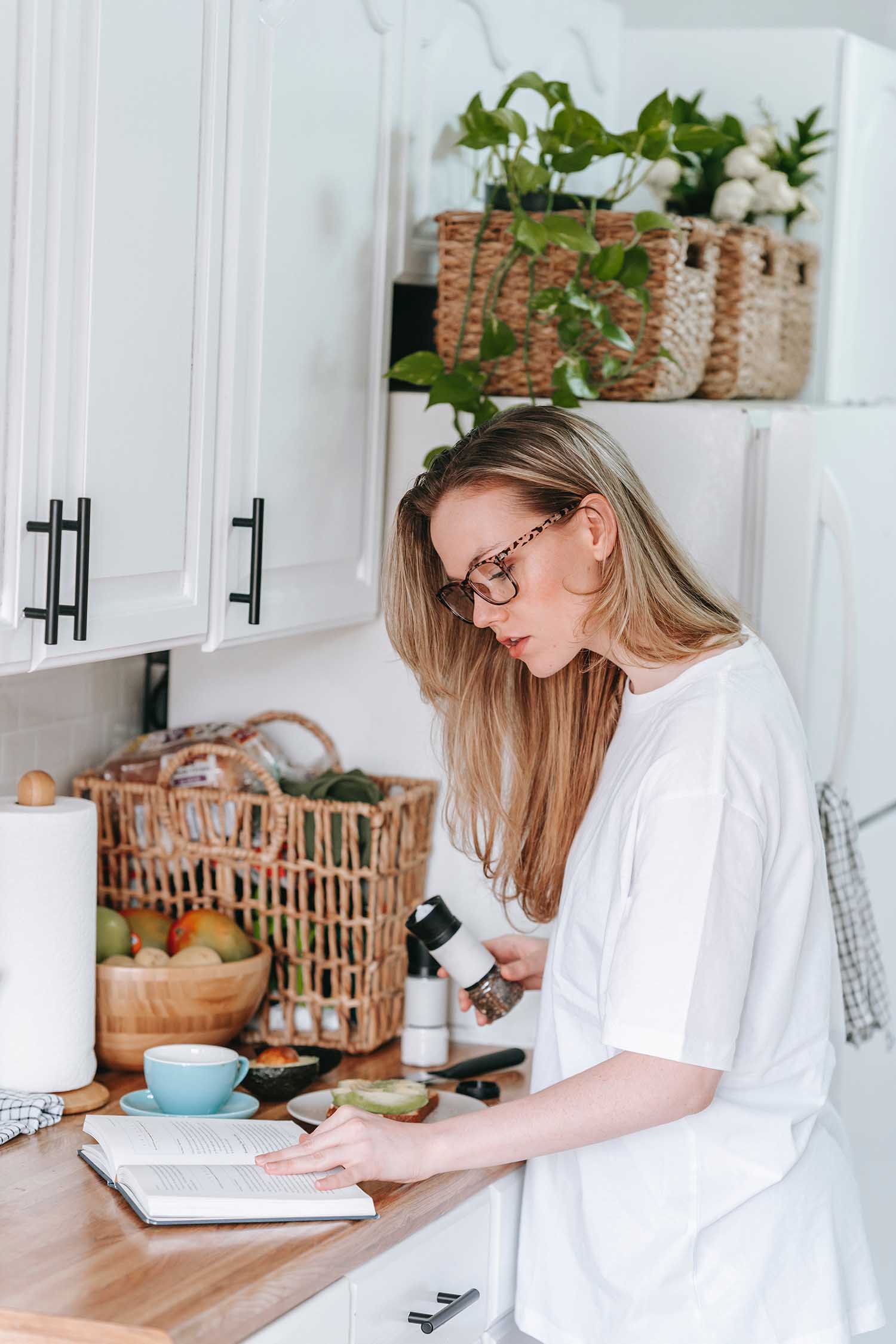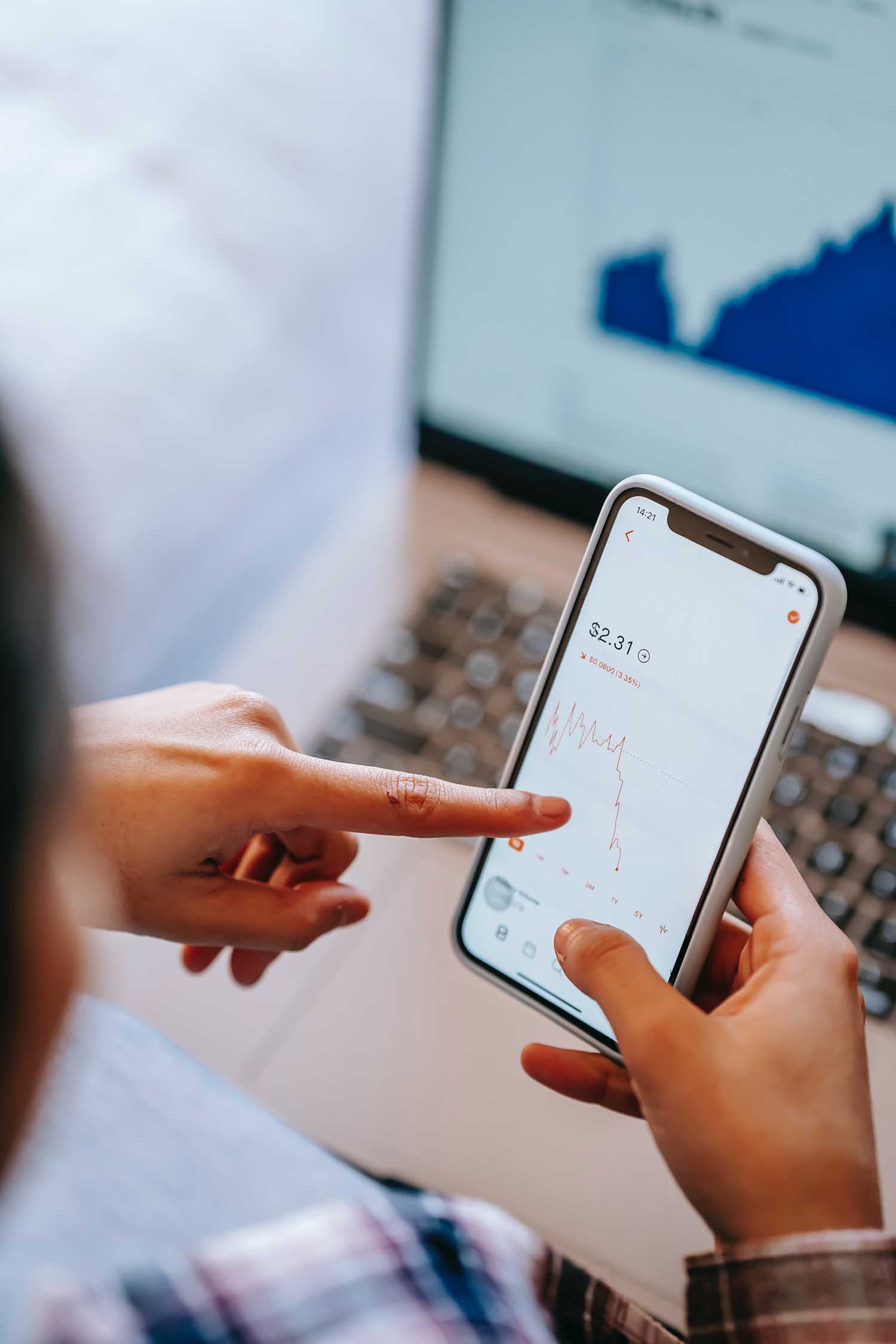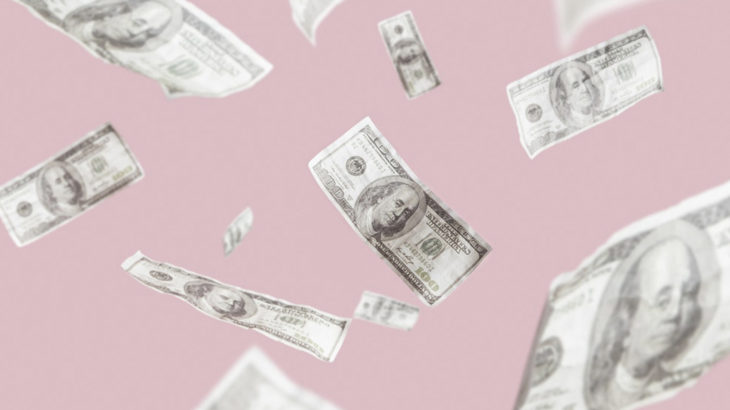Here are 5 Tips for FINANCIAL MANAGEMENT AFTER Covid 19 Effectively gives us more confidence as we step into the new normal.
After nearly 2 years of fighting with COVID-19, our lives have also changed a lot. We learned to love, take care of ourselves, invest time in developing some more skills, and now it’s time to get ready for a new normal. Surely everyone will face many difficulties when returning to a normal life, one of which is how to balance and manage personal finances.
How do better manage to spend and have an effective savings plan after the fluctuations of the pandemic? Let’s explore 5 tips with ELLE below.
Contents
1. Redefine your own needs
Undeniably, COVID-19 has forced us to change our daily spending habits . When all activities and plans are suspended, personal needs are limited, it is also time for us to seriously reflect on how to manage our finances.
Redefine your needs, list the important and unnecessary items to spend wisely, avoid wasting money. For example, instead of shopping bluff, you can invest in useful courses to improve your skills and add more knowledge, or you can consider saving now for future plans. future.

Photo: Pexels/Thirdman
2. Adjust the 50/20/30 . rule
50/20/30 is a basic and effective financial management principle that anyone can apply. This rule helps you balance personal expenses, live freely, comfortably without financial pressure. Based on your monthly income, this rule will divide your budget into 3 main groups at the rate of 50% – 20% – 30%.
- 50% is the cost for essential needs and activities, which cannot be cut, such as electricity, water, house rent, travel expenses, eating, studying, working…
- 20% is the money used to save , establish an emergency fund combined with profitable investment. According to financial experts, an emergency fund plays an important role because it will help us get through uncertain situations, like during the past pandemic. The amount in the emergency fund should be enough to cover basic living expenses for at least 3-6 months.
- 30% is the group devoted to personal needs and interests such as shopping, traveling, fun activities, entertainment, personal development…
However, after the pandemic, each person should adjust this rule to their own needs. Sometimes, a decrease in income makes it impossible to guarantee this rule, you may have to use up to 80% of your current income to pay for basic living needs, if so, spend the remaining 20% to save, temporarily cut unnecessary entertainment and entertainment expenses. Later, when your income level rises and stabilizes again, you can return to your normal split rate.

Photo: Pexels/Mikhail Nilov
3. Maintain good habits to save money
Experts say it takes about 28 days to form a new habit . Try to look back over the past time to see how you have changed compared to before the pandemic.
For example, in the past, you used to have a habit of going to the gym every week, but after a long time of separation, you find exercising right in the garden, being in harmony with nature makes you feel refreshed and full of energy. more vitality. Or when the shops are closed, you realize that cooking at home is both good for your health and saves money. Continuing to maintain these habits will not only improve your quality of life in the long run, but will also help you learn how to manage your income.

Photo: Pexels/George Milton
4. Track expenses incurred after the pandemic
Since the arrival of COVID-19, especially over the past 4 months, we have been spending most of our time working from home. Thanks to that, we save money on commuting, gas, eating out… When the normal rhythm of life is gradually returning, businesses are gradually reopening, it is also time to pay attention. to these costs to manage expenses effectively.
The best way is to track these expenses for the first few months until things settle down, then list them into a fixed monthly budget. You can also start revising your personal financial management plan now if the costs are substantial.

Photo: Pexels/Mikhail Nilov
5. Prepare yourself for inflation
It is more likely that inflation may occur after the effects of the COVID-19 pandemic, which means that the price of some products and services will increase, affecting your ability to spend. There are many factors that affect inflation such as low interest rates or demand outstripping supply. What you need to do is prepare mentally to face the post-pandemic context, regularly update and monitor the prices of products to have a suitable spending plan.

Photo: Pexels/ Liza Summer


Leave a Reply